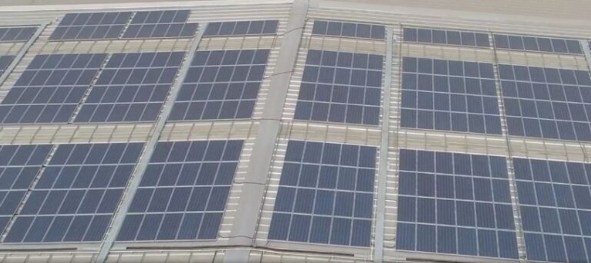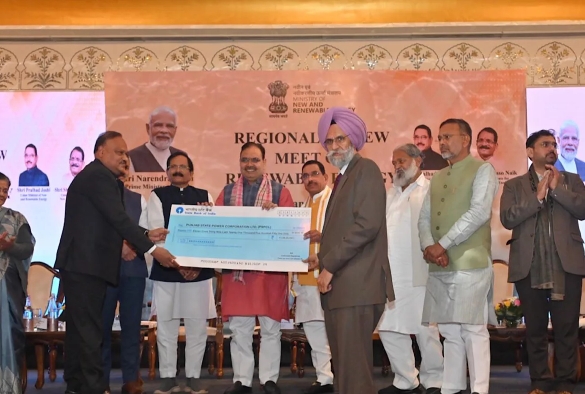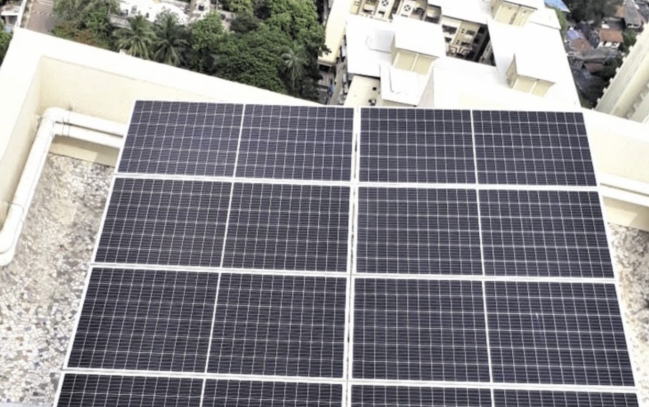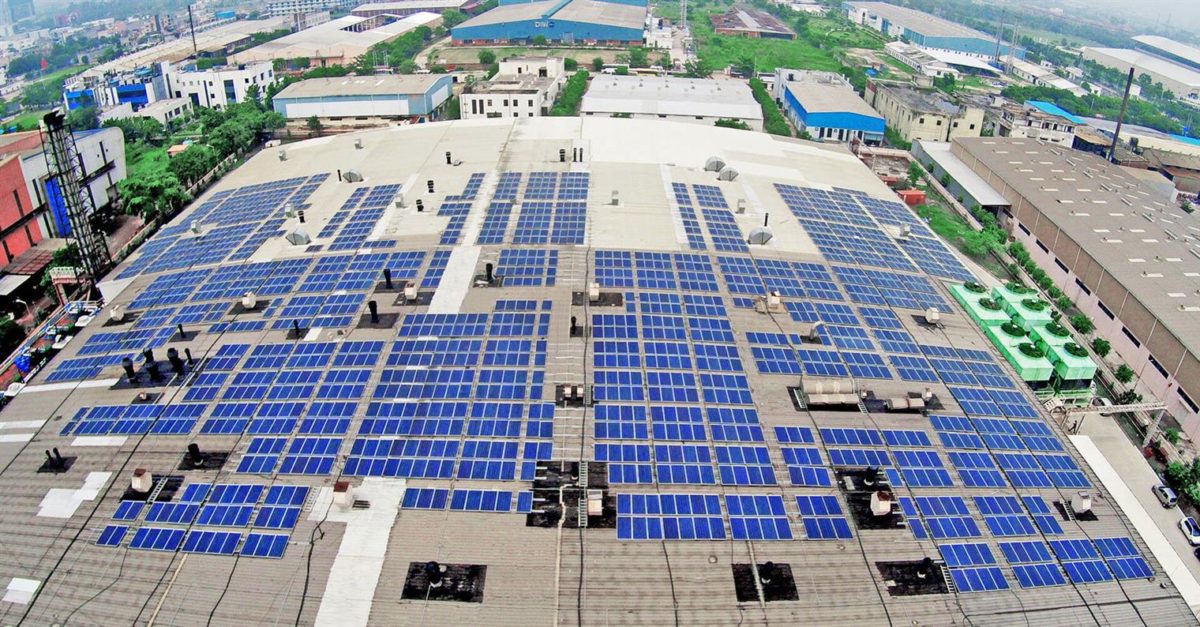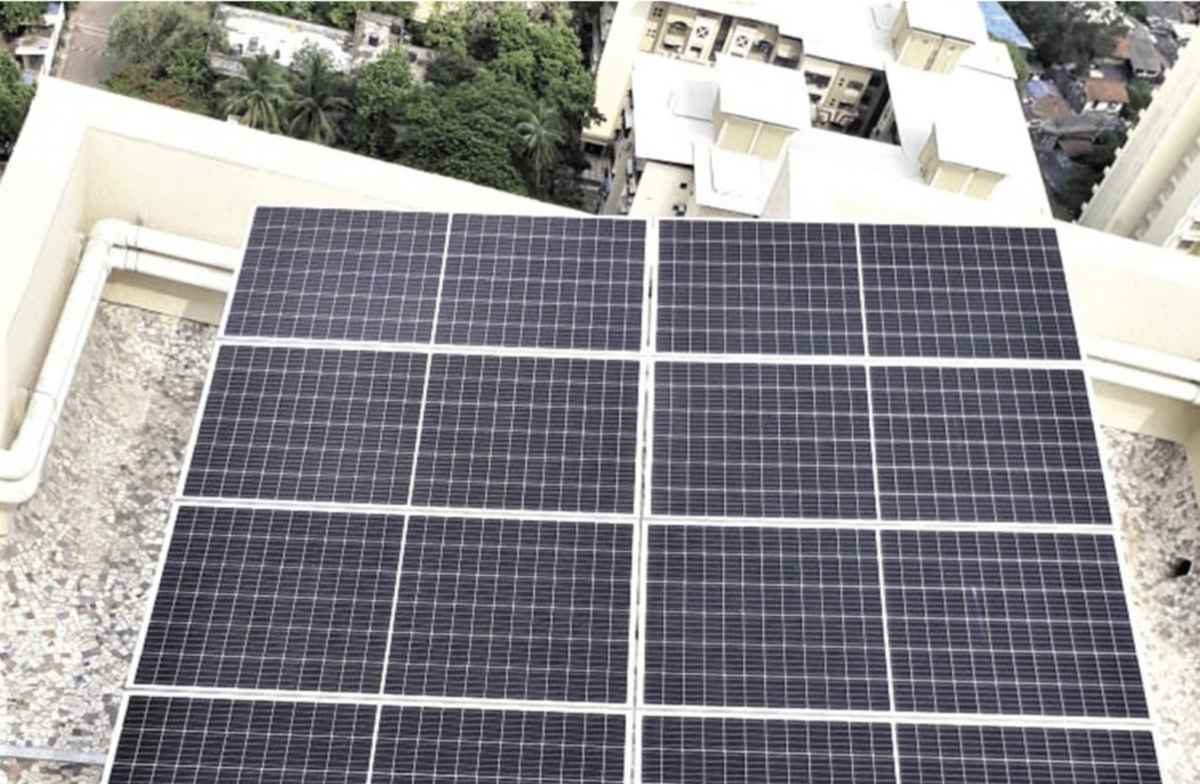
Italian oil and gas company Eni and the Massachusetts Institute of Technology (MIT) have extended Eni’s tenure as a Founding Member of the MIT Energy Initiative (MITEI) through 2023, renewing the low-carbon energy research collaboration between the two companies.
As a new part of the collaboration, Eni will join the MIT Quest for Intelligence launched in February 2018, which is focused on advancing research into human and artificial intelligence to deliver transformative new technology.
In a statement on its website, Eni said: “Working with MIT Quest will help Eni deepen its longstanding interest in supporting artificial intelligence research to improve worker safety and reduce carbon emissions through carbon capture and other technologies.”
The company will also join MITEI’s newest low-carbon energy venture, the Mobility Systems Centre, which assesses the socio-technical impact of emerging transformations in vehicle and fuel technologies. Eni will continue its membership in MITEI’s low-carbon energy centres for carbon capture, utilisation and storage energy storage and solar energy.
Eni CEO Claudio Descalzi said: “Thanks to our renewed collaboration with MIT, Eni takes a further step towards data-driven innovation. Eni has been embracing digitalisation for the past three decades.
“With today’s agreement we wish to play a key role in the research and innovation of new technologies, and look forward with more confidence to a future based on the circular economy.”
The MITEI collaboration started in 2008 and has resulted in 30 patent filings for low-carbon innovations and technologies, as well as a number of research successes. Ongoing efforts include the development of nanotechnologies and materials for flexible, lightweight solar photovoltaics.
Another major focus of the collaboration is the development of magnetic fusion energy technology, with Eni supporting magnetic fusion energy research through MIT’s Laboratory for Innovation in Fusion Technologies. Eni has funded research projects in the laboratory since March 2018 and expects to invest around $2m over the next few years.
In 2018, MIT started development on the SPARC fusion power experiment with a $50m investment from Eni, with the institute expecting to produce 50-100 megawatts of power from the technology by 2025.
MITEI director Robert Armstrong said: “MIT’s collaboration with Eni has produced several innovative advances in energy research and technologies for over a decade.
“We look forward to the developments that will come from Eni’s continued support in fusion, solar, carbon capture, and other research areas, as well as from their new support of artificial intelligence projects through the MIT Quest for Intelligence.”
